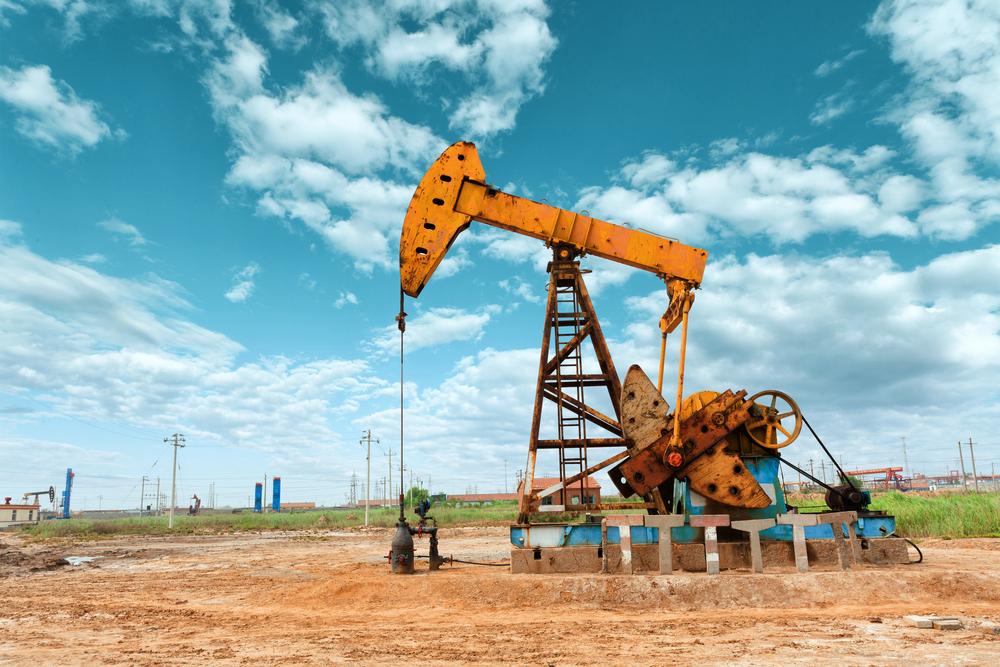
The price of oil hit a new high on Monday, with the benchmark surpassing $70 a barrel.
Oil prices rallied to a high that has not seen since 2014, primarily driven by troubles in Venezuela and concerns over the US reimposing sanctions in Iran.
Donald Trump’s decision over whether the US will withdraw from a 2015 international agreement with Iran is due May 12.
The US President has not confirmed what he will decide by May 12 but has suggested plans to withdraw, saying that the accord is “a horrible agreement for the United States.”
“That doesn’t mean I wouldn’t negotiate a new agreement,” he added.
The head of research for the Middle East and North Africa region at MUFG bank, Ehsan Khoman, said: “There is some scope for profit-taking now that prices are at 42-month highs but that is been overshadowed by the potential re-imposition of sanctions on Iran.”
Ole Hansen, head of the commodity strategy at Saxo Bank A/S in Copenhagen, said: “The market at this stage is pricing in the US stepping away from the nuclear deal, so it’s allowed the risk premium to build even further. If Trump should decide either to postpone or go for a surprise renegotiation of the deal, the oil price could slump by $5 quite easily.”
Iran’s President, Hassan Rouhani, said that if the US is to leave the agreement it will “entail historic regret”.
“We have plans to resist any decision by Trump on the nuclear accord,” the President said.
“Orders have been issued to our atomic energy organisation … and to the economic sector to confront America’s plots against our country. America is making a mistake if it leaves the nuclear accord. If America leaves the nuclear accord, this will entail historic regret for it.”
In the lead up to Trump’s decision, Boris Johnson has travelled to the US to urge the President to not scrap the deal.
Brent Crude was 1.14 percent and reached $75.64 per barrel – the highest level since November 2014. U.S. West Texas Intermediate (WTI) crude futures increased by 85 cents to $70.57.
